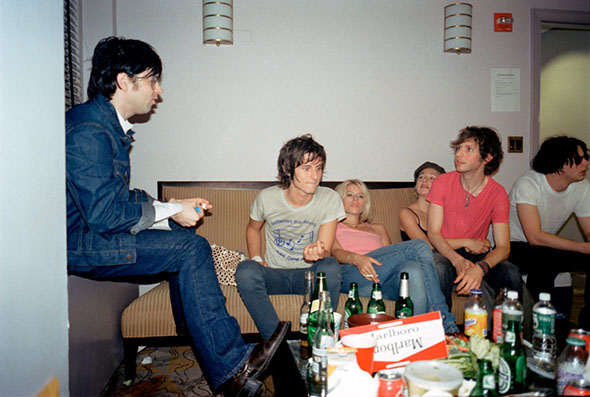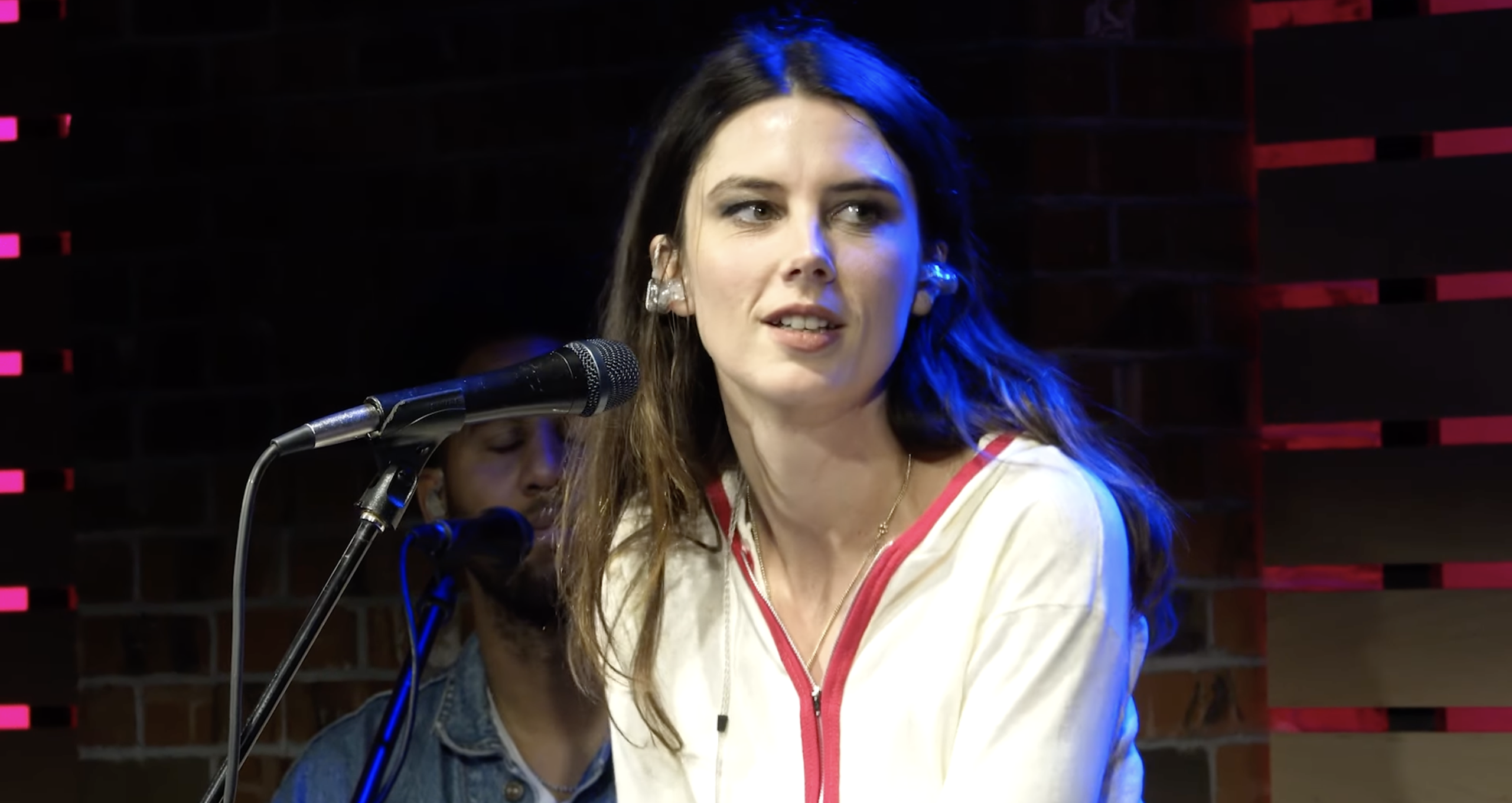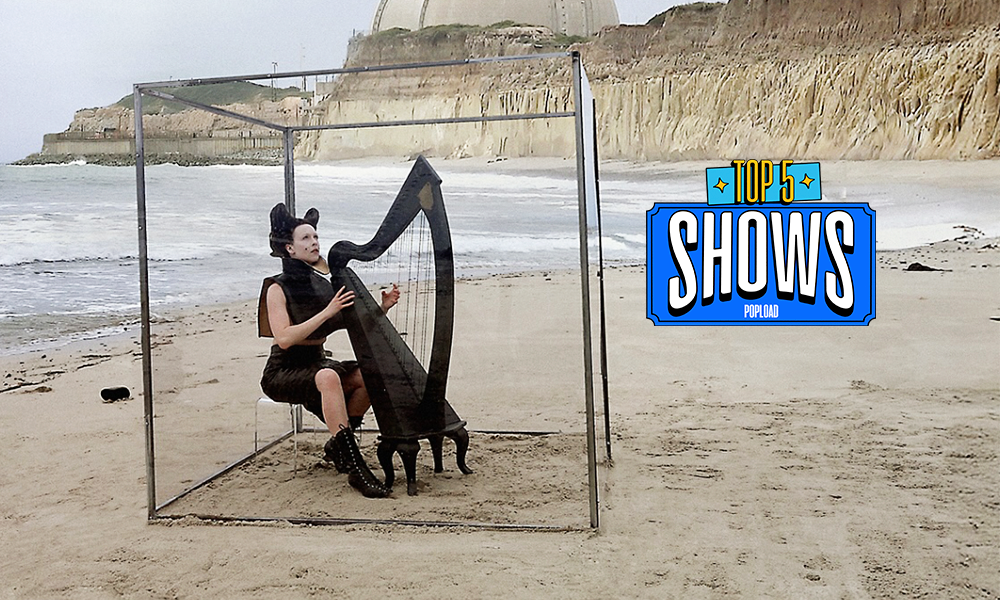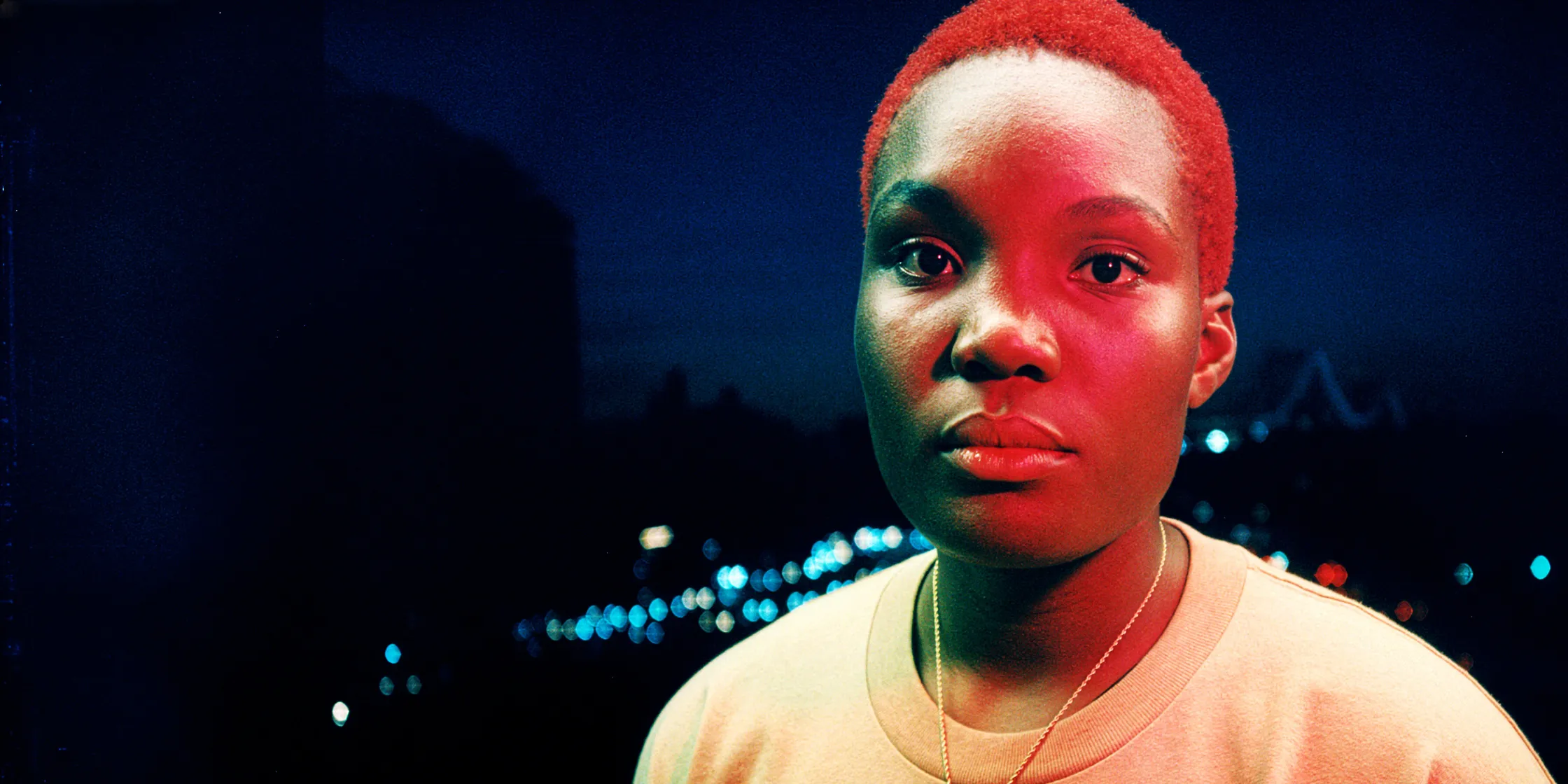A revolução que deu em tudo e nada, a porra das drogas, a galera envolvida. A cena de Nova York 2001-2011 sob a ótica dos Strokes
>>

foto 1
* Sai no dia 23 de maio o livro “Meet Me in the Bathroom: Rebirth and Rock and Roll in New York City, 2001–2011”, uma história oral (contada por seus próprios personagens) sobre a revolução do novo rock que aconteceu em Nova York pouco antes das torres caírem e durante alguns anos depois. Com os Strokes como personagem principal, mas envolvendo artistas como Jack White, Ryan Adams, jornalistas, gente da indústria da música, modelos, amigos, namoradas, o livro conta como uma molecada botou sangue novo no rock, deu um novo ânimo ao estilo e fez milhares de bandas surgirem de Seattle a Estocolmo, de Londres a São Paulo, tendo Nova York como epicentro.
“Meet Me in the Bathroom: Rebirth and Rock and Roll in New York City, 2001–2011” é escrito por Lizzy Goodman, jornalista musical e escritora que é uma espécie de fruto literário desta cena. Ela escreveu/escreve para o “New York Times”, revistas e sites de música, publicações de moda.
A nova edição da revista “New York Magazine”, de ontem, trouxe um bom trecho do livro, com exclusividade. Fotos incríveis e o “depoimento oral”, dos caras dos Strokes, do empresário Ryan Gentles, de Ryan Adams, do famoso jornalista de música Marc Spitz, de Jack White (que era de Detroit mas respirou na cena de Nova York com o fantástico White Stripes), de sujeitos de gravadora da época etc.
O título do artigo da “New York” é bárbaro e significativo. “The Last Moment of the Last Great Rock Band”, tendo como referência do “last moment”, no caso, o livro.
Abaixo, alguns trechos aleatórios do artigo (e do livro). Em inglês, porque né?
As fotos do post são do livro de Lizzy Goodman.

foto 2
Ryan Adams (musician): One night I was hanging with the Strokes guys and Ryan [Gentles, the band’s manager]. We were really stoned because we were basically always smoking pot. It was very late. Fab would always play me a song that he had written, some beautiful, romantic song. So one night, jokingly, I’m almost certain, Fabby said, “Dude, what if John Mayer was playing that guitar right now?” And I said, “I can make that happen.” Now, I lived down the block from John Mayer, and he’d been talking to me about his new song for a while. So I texted him, because he was always up late back then. I said, “Come to this apartment. Bring an acoustic guitar. I really want to hear your new song.” I didn’t tell them that I’d done it. So everyone is sitting there and I was like, “Let’s all take bong hits.” I really wanted it to get crazy. We smoked some bong hits; I probably did some blow. The doorbell buzzer rings, and I open the door, and John Mayer walks in with his fucking acoustic guitar, and they were all slack-jawed. John sat down and played the fucking acoustic guitar — three or four songs that probably have gone on to be huge — while those guys just sat there staring at me like, Oh my God, you’re a witch.
***
Ryan Gentles (manager, the Strokes): I introduced Jim Barber and Ryan Adams. Courtney [Love] was dating Jim at the time.
James Barber (former A&R executive): Courtney thought the Strokes were a positive cultural influence. She was doing this MTV special. She wanted them on.
Marc Spitz (journalist): She was like their Yoda. Their coke Yoda. I’m not saying she gave them cocaine. I mean, most everyone was on cocaine, but it seemed like as soon as they really made it, she was all over them. And she was not in the best shape at the time. Maybe not the Jedi you want whispering in your ear about how to be a rock star.
Ryan Gentles: I was friends with Courtney; she would call me at random hours to give me advice. Then she did this overnight-broadcast thing for MTV.
Marc Spitz: It was called 24 Hours of Love, and the premise was that she would take over the MTV soundstage, the one in Times Square, for 24 hours.
Albert Hammond Jr.: When you’re fucked up and the idea is funny, you just do it. You’re like, Oh, yeah. We’ll go up there and hang out with Courtney Love. By the time you’re in a taxi and you’re in traffic, you’re like, Wait, what are we doing here?
Ryan Gentles: She was all strung out and drunk; it was almost embarrassing. She was running up and down the hallways naked.
Albert Hammond Jr.: Oh, she was fucked up.
***
Ryan Gentles: When they were making Room on Fire they said they felt my attention wasn’t all theirs. They said, “You have to stop managing Ryan Adams.” It sucked. He’s super-talented, and I was ambitious, and I liked his music a lot, and I still do. How did he take it? Real bad.
Catherine Pierce (musician): Julian thought Ryan [Adams] was a bad influence on Albert.
Albert Hammond Jr.: Ryan would always come and wake me at two in the morning and have drugs, so I’d just do the drugs and kind of numb out. I knew I would shoot up drugs from a very young age. I’d been wanting to do heroin since I was 14 years old.
Catherine Pierce: [Albert] used to say, “I love drugs. I’m not an addict, I love drugs!”
Albert Hammond Jr.: In that Room on Fire time, I definitely got into a lot of pills and the beginning of opiates. That OxyContin kind of thing.
***

foto 3
Albert Hammond Jr.: I remember Julian threatening to beat Ryan [Adams] up if he hung out with me, as a protective thing. He’d heard that Ryan would come and give me heroin, so he was just like, “If you come to my apartment again with heroin, I’m going to kick your ass.” I hadn’t really been doing it in baggie form until Ryan showed up. He was definitely a bad influence.
Ryan Adams: That’s so sad, because Albert and I were friends. If anything, I really felt like I had an eye on him in a way that they never did. I was around and we actually spent time together. He would show me his songs. It was like, “No one ever listens to my music, but do you want to hear it?” I would be like, “Fuck yeah!” I loved him so deeply. I would never ever have given him a bag of heroin. I remember being incredibly worried about him, even after I continued to do speedballs.
Julian Casablancas (front man, the Strokes): Did I specifically tell Ryan to stay away from Albert? I can’t remember the details, to be honest. I think heroin just kind of crosses a line. It can take a person’s soul away. So it’s like if someone is trying to give your friend a lobotomy — you’re gonna step in.
***
Albert Hammond Jr.: That’s probably the first time I noticed it had stopped being fun, the recording of First Impressions [of Earth, 2006]. That’s when things started getting into the gap: Friends, girlfriends, strangers would all start coming in, being like, “You should be a bigger band,” and I was like, “Yeah, we should be a bigger band …” For as strong as we were and as close as we were, we weren’t close or strong enough to fight that.
Fabrizio Moretti: That’s the house of cards that is being in the Strokes. There were a lot of emotions that were kept secret but were so evident. We didn’t know how to process them, (a) because we were children and, (b) because it’s hard to process subliminal subconscious volcanic emotions. We were kids that wanted to conquer the world, but we had no idea that we were going to be given the chance.
Marc Spitz: Even when Spin made the Strokes Band of the Year [for 2002] after the Is This It tour, it was already starting. I mean, they played like they believed onstage. They went out there to kill, every fucking night. I still haven’t seen a better band. I didn’t see the Clash, but it was like what you imagine they were like. They came out and punched the audience in the fucking mouth every night. But I remember Nick saying, even then, “Man, this is all bullshit. Like, we’re not even Band of the Year. We shouldn’t be here. The White Stripes are Band of the Year.” They didn’t want to own it, you know?
Julian Casablancas: My biggest regret in general is that I drank so much. I warded off any kind of intense introspection.
Jack White (front man, the White Stripes): Sometimes being thrust out there pushes you to hurry up and figure yourself out and do away with years of fumbling. That happened to the Strokes; they had to get it together fast. Meg [White] and I had three albums out and an almost too realistic view that nobody was ever going to care about our music. We were assuming we had a life of playing in bars for 30 people in our future. The extra time to get our things together was good for us mentally. It still shocks me that the mainstream accepted that music; it doesn’t add up.

foto 4
***
foto 1 – Dois momentos de Julian Casablancas durante o sound check para o show do Radio City Music Hall, em Nova York.
foto 2 – Imagem da capa dura de “Meet Me in the Bathroom”, livro que sai dia 23 de maio.
foto 3 – Ryan Adams, Valensi, Amanda de Cadenet, Marissa Ribisi, Beck e Jack White no camarim dos Strokes no Radio City Music Hall.
foto 4 – The Strokes e White Stripes agradecem o público depois do show “conjunto” no Radio City
Na home da Popload – Albert Hammond Jr., Nick Valensi e Amanda de Cadenet no bar 2A, do East Village.
>>





